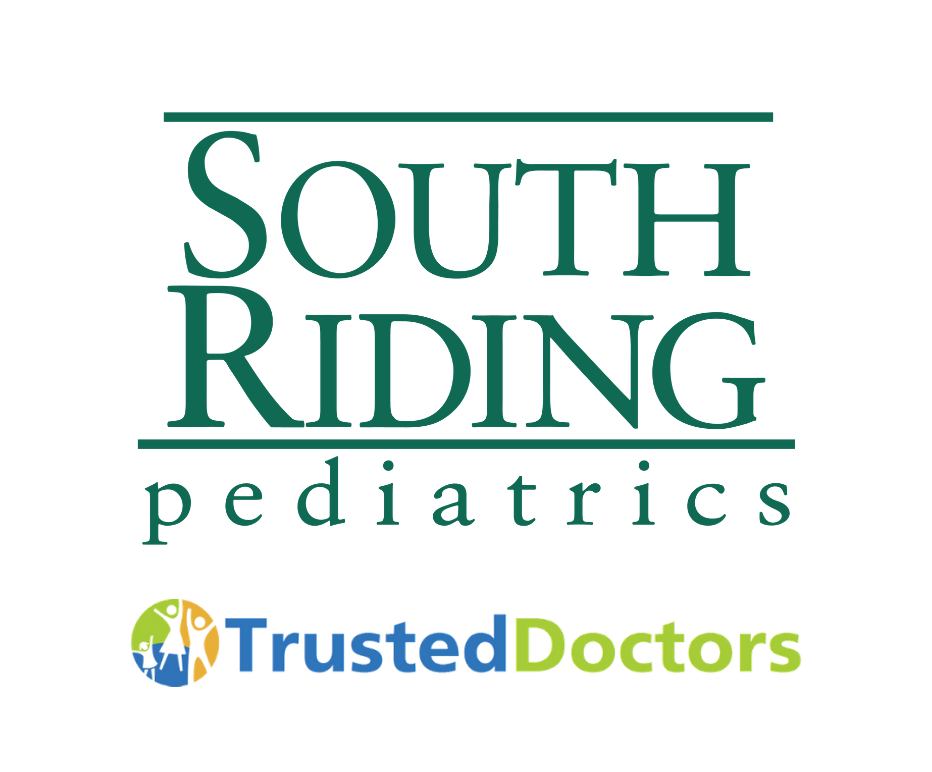Congratulations! Whether you’re the parent of a high school or college graduate, this is a monumental time in your child’s life, as well as yours. As they step into a new phase full of opportunities and responsibilities, it’s crucial to support them in adopting healthy habits that will ensure their success and well-being. From managing their own medical care to cultivating financial knowhow, here’s a guide tailored for both high school and college graduates.
High School Graduates
Managing Medical Care
As high school graduates prepare for greater independence, they should begin to familiarize themselves with their medical history and learn how to schedule their own appointments. Encourage them to keep a personal health record. It’s also a good time to discuss the medications they might be on, make sure they are aware of any allergies, and ensure they understand their health insurance benefits and how to access services when they are away from home.
Financial Literacy
Teach your high school grad how to create a simple budget that tracks income and expenses, emphasizing the importance of saving, even if it’s a small amount. Introduce them to financial tools or apps that can help manage their finances. Also, discuss the implications of debt and how to use credit cards responsibly to build a good credit history.
Dietary and Behavioral Habits
Graduating high school often comes with changes in lifestyle, which can lead to snacking on unhealthy foods and irregular eating habits. Help them understand the basics of nutrition and the importance of maintaining a routine that includes balanced meals. Encourage regular physical activities that fit into their new lifestyle, whether it’s gym workouts, joining sports teams, or daily walking.
Safety
With new environments and experiences on the horizon, stress the importance of being aware of their surroundings. Teach them basic safety practices such as securing their personal belongings, staying in groups while out at night, only drinking beverages at parties that they pour themselves, and being cautious with new acquaintances. Discuss the safe use of technology, especially on social media and dating apps.
Mental Health
Highlight the normalcy of feeling stressed or overwhelmed and discuss healthy ways to cope. Encourage them to maintain connections with friends and family, which can provide emotional support. Also, familiarize them with resources at their school or within their community for mental health support.
Work and Study Habits
Discuss setting up a dedicated study area to minimize distractions, using planners or digital apps to manage tasks and deadlines, and the importance of breaks to prevent burnout. Reinforce the value of a consistent work ethic and accountability in both academic and workplace settings.
College Graduates
Transitioning Medical Care
Advise your college graduate on how to select a healthcare provider who fits their needs and how to schedule regular check-ups. Discuss the steps for obtaining health insurance if they are no longer covered under your plan, including options like employer benefits or individual plans available through national or state exchanges.
Financial Independence
Stress the importance of an emergency fund that covers at least 3-6 months of living expenses. Discuss long-term financial goals, including retirement planning and investments. Introduce concepts like the importance of a diversified investment portfolio and the basics of tax planning.
Dietary and Behavioral Changes
As your grad transitions to possibly living on their own, discuss how to plan weekly meals and the benefits of cooking at home versus eating out. Encourage them to integrate physical activity into their routine, which could include joining a local gym, participating in community sports, or finding local groups that engage in activities like hiking or cycling.
Safety in New Environments
If relocating for a job, discuss how to research their new area for safety, including crime rates and safety tips specific to the region. Emphasize the importance of maintaining privacy when sharing their location or personal details online.
Mental Health Awareness
Encourage maintaining a work-life balance by setting boundaries at work, such as reasonable working hours and time-off. Discuss the signs of professional burnout and the importance of mental health days. Emphasize the continued importance of hobbies and social activities that can serve as stress relievers.
Professional Work Habits
Highlight expectations in the professional world, including the importance of reliability, professional communication skills, and the continuous development of new skills. Encourage them to seek feedback regularly and view constructive criticism as an opportunity for growth.
Advanced Study Habits
For those continuing their education, discuss techniques for effective time management, such as prioritizing tasks, using academic resources, and techniques for effective research and writing. Encourage engagement with peers and professors to enhance their learning experience.
As your graduate moves into this exciting new phase, the habits they form now will lay the groundwork for their future success. By equipping them with the tools to manage their health, finances, and personal development, you’ll help them build a stable and fulfilling adult life. The best approach is one that combines guidance with independence, allowing them to learn through their own experiences.





